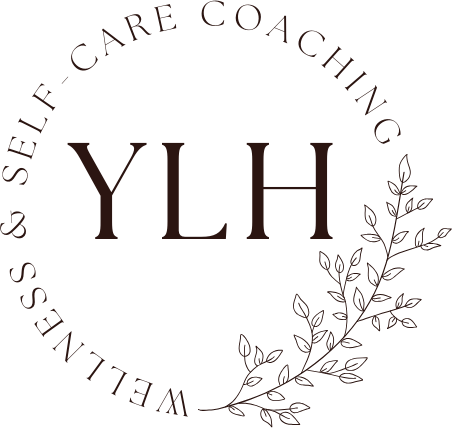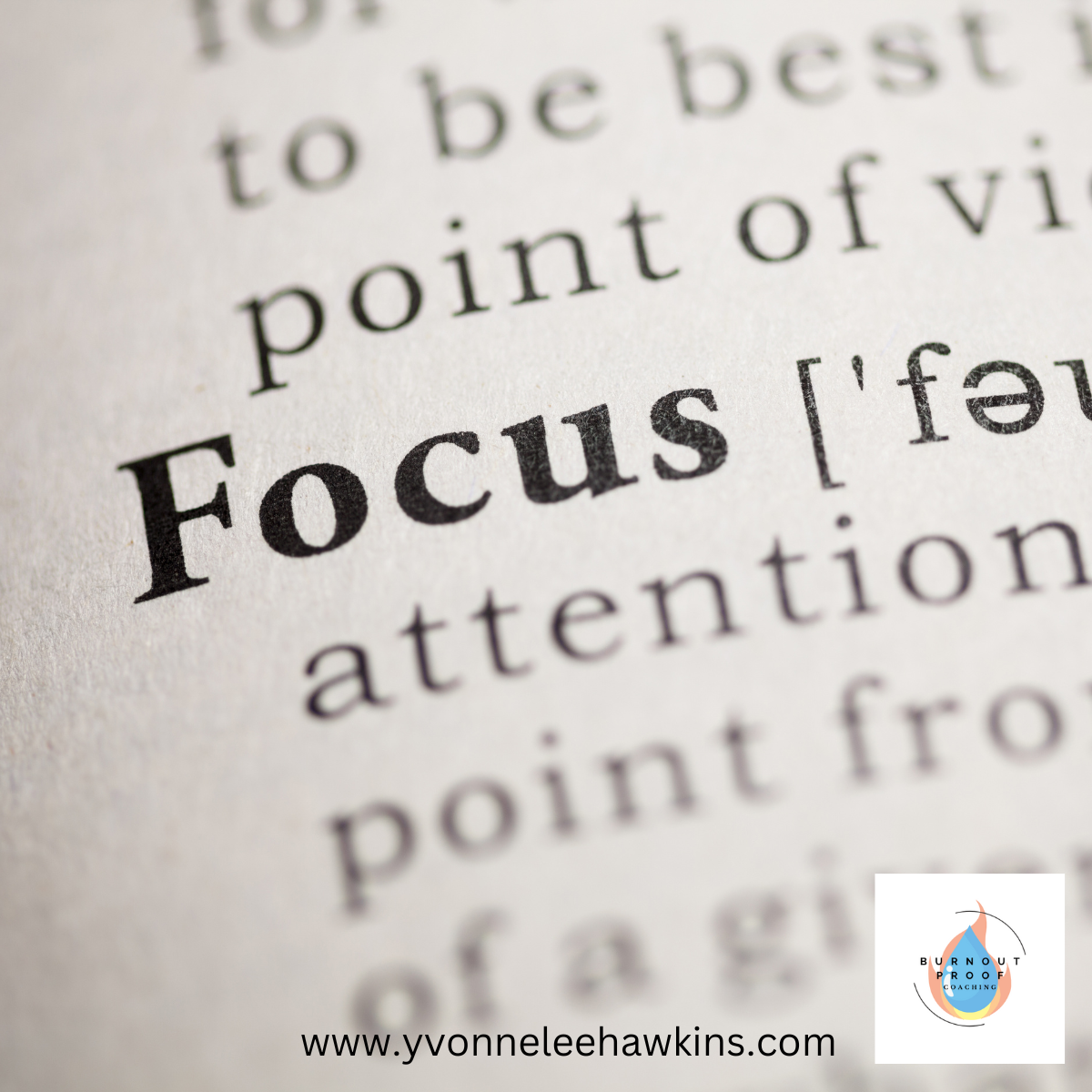The ability to focus is a necessary skill that can greatly impact our mental and emotional health. By strengthening our ability to concentrate, we can reduce stress, boost productivity, regulate emotions, and enhance our overall well-being. Let’s explore how focus contributes to these benefits and then discuss actionable steps to help you improve your focus and concentration.
The Benefits of Focus
One of the best benefits of focus is that it enables you to reduce stress. How? Focus helps to reduce stress by allowing you to concentrate on specific tasks or goals, which in turn helps you to prioritize and manage your time and resources more effectively. When you’re focused, you can narrow your attention to the task at hand, reducing feelings of overwhelm. Simple mantras like “one step at a time” or “just keep swimming” can be effective reminders to stay focused and manage stress.
Maintaining focus also helps you increase productivity by enabling you to complete tasks more efficiently and effectively. By concentrating on one task at a time, you reduce the likelihood of errors and experience a sense of accomplishment. This can lead to small dopamine hits, the “feel good” hormone, reinforcing the habit of focused work.
Focus plays an important role not only in stress reduction and productivity, but also in emotional regulation. By concentrating on the present moment, you can prevent ruminative thoughts that can lead to anxiety and depression. A focused mind is less likely to spiral into negative thinking, helping you keep emotional balance. Rather than being carried away by anger or frustration, being focused on the task and result you are aiming for, you can keep control of your emotions.
Being able to focus also helps you to keep you in the present and helps you be more aware. Being mindful of the present moment, your thoughts, emotions, and feeling further helps you to understand what is going on within and around you in the present moment. This reduces anxiety about the future and minimizes regrets about the past. I like to use a technique I call the “five things” exercise, where I ask clients to identify sensory inputs (5 things you see, 4 things you can touch, 3 things you hear, 2 things you can smell, and 1 thing you taste). This experiential technique can help bring you back to the present moment and alleviate stress and tension from overwhelming or overthinking.
A major benefit of focus is also your ability to make good decisions. A focused mind is better equipped to make clear and informed decisions. By weighing options carefully, without spinning, you can avoid poor decisions that may lead to future stress. This ability to focus on the data points at hand leads to better choices and a more balanced mental state. Interestingly as you become better at making decisions, your confidence goes up and helps you to make better decisions. It seems counterintuitive, but if you have a habit of making poor decisions, you lack confidence and question yourself, often leading to indecision or poor decision making.
When we focus, we also strengthen our relationships and personal growth. By being more present with the people in our lives who matter to us, we strengthen those relationships. Being present and attentive in your interactions with others helps us to build trust. You can try this experiment, recently discussed publicly by Simon Sinek. Instead of putting your phone on the dinner table with friends, which signals you might have something more important coming up, put it in a pocket or somehow out of sight. Just the absence of the phone signals that you intend to give your full attention. If you have a romantic partner, this is even more important. Putting the phone down to spend time talking and looking each other in the eyes is a powerful way to strengthen your bond.
Beyond strong social connections, which are vital for emotional support and mental health, keeping focus on personal goals and self-improvement activities contributes to a sense of progress and fulfillment. By setting clear goals and staying committed to them, you build confidence and resilience. This improves your overall happiness and mental well-being.
So now that we know the benefits of focus. What do you do if you feel scattered or like your focus is lacking? Well, there are some simple practices that can help you improve your focus and concentration.
Actions to practice:
1. Practice Mindfulness Meditation
Mindfulness meditation involves focusing on your breath or bodily sensations to enhance awareness and presence. Spend 10 minutes each morning practicing mindfulness to improve your attention span and reduce wandering thoughts. Just the act of practicing will make it easier over time.
2. Use the Pomodoro Technique
The Pomodoro Technique involves working for 25 minutes, followed by a 5-minute break. This method helps break tasks into manageable intervals, increasing productivity and focus. A pro tip is to combine this with the 20-20-20 rule (every 20 minutes, look at something 20 feet away for 20 seconds) to prevent eye strain. Focus for the mind and the eyes.
3. Prioritize Tasks with the Eisenhower Matrix
Organize tasks by importance and urgency using the Eisenhower Matrix. This allows you to focus on what truly matters, reducing feelings of overwhelm and improving productivity.
4. Minimize Distractions
Create an environment that limits interruptions. Use apps like Freedom or Focus@Will to block distracting websites and consider setting your phone to “focus” mode or using a monochromatic screen filter during work hours. By reducing the intrusions, you are training yourself to focus better.
5. Practice Single-Tasking
Focus on one task at a time instead of multitasking. This improves concentration and the quality of your work. Time block specific periods for dedicated tasks to ensure you give them your full attention. By completing one task at a time, you reduce the chances of error and also make it possible to hit small milestones every time you complete a task.
By implementing these simple strategies, you can significantly enhance your focus and concentration, leading to improved productivity, emotional regulation, and overall well-being. Focus is not just a skill; it’s a way to live a more balanced and fulfilling life.
Let me know if this topic added value for you. Please like and subscribe if you want more wellness topics like this. And tell me what other wellness topics you’d like to read about by commenting or DM me. I always love suggestions and feedback!
Yvonne Lee-Hawkins, IPHM, is a holistic wellness coach, stress strategist, and writer. When she is not working, she loves to go on nature adventures with her family, in the Pacific Northwest where they call home. You can find out more on her website, or follow her on LinkedIn, Medium, or Instagram.
If you want some help with focus, Burnout recovery or general wellness, book a call here.

